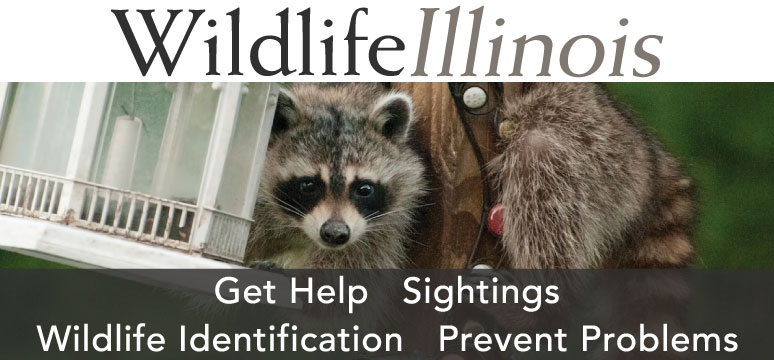
Photo by Chris Young


Photo by Chris Young
It’s been a long hot summer and hunters across the state are thinking about returning to the fields and forests in pursuit of upland game. What a great way to enjoy family and friends, challenge your skills and abilities, and enjoy the wonderful bounty that nature has to offer.

Preparing for the hunt can and will determine your success as a hunter. Veteran hunters can attest that the hunt begins long before hunting day and some preparation can eliminate frustrating and embarrassing factors such, “I forgot my license” or “I didn’t know what the limit was.” I highly recommend that all hunters, new and seasoned, take time to prepare prior to the hunt as your effort will keep you safe, legal, and provide you with an enjoyable and successful hunt.
Upland game species include doves, woodcock, and crow (all migratory), ring-necked pheasants, bobwhite quail, Hungarian partridge, rabbits (cottontail and swamp) and squirrels (gray and fox). Each species has different season dates, limits, hunting hours, hunting zones and requirements so it is important that you do your research ahead of time. All this information and more can be found in the Illinois Digest of Hunting and Trapping Regulations, which includes a matrix of Upland Game Hunting Credentials, or the necessary licenses, stamps, HIP certification and requirements for hunting public lands. Also review the Illinois Department of Natural Resources’ Upland Game Hunting section for information.

Tagging along with an experienced upland hunter will shorten your learning curve considerably. The Illinois Department of Natural Resources offers an Apprentice License program which extends an individual interested in learning about hunting sports limited hunting privileges in lieu of obtaining a valid hunting license. Such licenses are one-time, non-renewable licenses costing $7.50 issued to a person of any age, although youth under the age of 18 must be supervised by a validly licensed resident or nonresident parent, guardian or grandparent. Those 18 years of age or older and holding an Apprentice Hunter License must be supervised by a validly licensed resident or nonresident hunter who is 21 years of age or older.
The Illinois Learn to Hunt program has an online Upland Hunting learning module. In this 60- to 90-minute session you will learn about upland bird ecology and behavior, scouting tips, hunting tactics, field dressing, regulations and much more. As you navigate the module, feel free to pause then resume taking the course as your schedule allows.
Looking for a traditional course? The Illinois Learn to Hunt program also offers one-day workshops, including a Learn to Hunt Small Game workshop that teaches new hunters why, how and where to hunt small game in Illinois. Workshop topics include hunters as conservationists, wildlife ecology, small game hunting regulations, small game hunting tactics, firearm safety, wingshooting practices and field dressing and processing. Visit the Learn to Hunt Calendar page for information on upcoming workshops. Advanced registration is required for all Learn to Hunt workshops.
You also may find the Learn to Hunt Upland Bird Hunting or Small Game Hunting pages useful.
After reviewing the Illinois Digest of Hunting and Trapping Regulations for legal requirements, make a checklist that include the following:

As you do with most outdoor experiences, let someone know where you will be hunting, who you are hunting with and when you are leaving and returning. Be sure to let someone else know your plans in case you don’t return on time. This planning has saved numerous lives over the years as hunters have become incapacitated and unable to call for help or return to their vehicles. You can never be too safe.
Some other things to consider are the weather. Inclement weather can ruin a hunt and sometimes become deadly. Wind causes limbs to fall, cold weather causes hypothermia, rain and floods can leave you stranded in or out of the water. These are all things you should be prepared for.
At all times, know the location of everyone in your hunting party to avoid a potential serious hunting accident. During my years as an Illinois Conservation Police Office I was called numerous times to respond to shooting victims occurring during an upland hunt because the hunting party did not plan appropriately and did not paying attention to the locations of hunting party members. Always be aware of your surroundings and know your target! These situations are never good and can always be avoided.
Hunting upland game is a wonderful sport that has been developed and handed down for generations. Respect the laws and the natural resources in order to continue that tradition. Do your research, make your check list, make a plan, and you will enjoy a safe and successful hunting season. Above all, be prepared and be safe.
Retired Lieutenant Eric Bumgarner spent 24 years with the Illinois Conservation Police. Eric is an avid outdoorsman and has a passion for protecting the natural resources.
Submit a question for the author